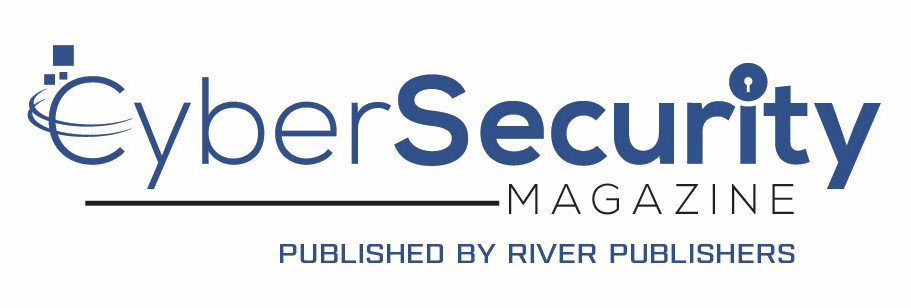Security Considerations in Choosing Cloud Data Platforms
Cloud security is more important than ever. Cybercrime is on the rise, and changes in the business world — the pivot to work from home — have made companies of all kinds more vulnerable to cyberattacks.
Data security has become a critical consideration for businesses migrating to the cloud or building a multi-cloud environment. It’s vital to know what to keep in mind when choosing a cloud data platform. Here are some things savvy companies should consider when making their selection.
What Security Threats Do Cloud-Based Businesses Face?
The frequency of cyberattacks has been steadily increasing for the past decade, but the last few years have seen explosive growth in cybercrime. Hackers are taking advantage of new vulnerabilities, exploits and changing business culture to break into secure networks.
The COVID-19 pandemic, the pivot to remote work, the digital transformation of industry and cloud migration have all made businesses vulnerable to cybercrime. If not properly configured when adopted, new technology and cloud platforms can be prime targets for hackers that go after companies.
Ransomware is becoming much more common, and even large businesses that manage critical infrastructure have fallen victim to the attacks. The 2021 Colonial Pipeline hack is a good example of how businesses of all kinds can become the target of cybercrime, sometimes with devastating consequences.
Phishing is another common vector of attacks that can provide hackers with access to business networks on cloud resources. Good security practices — like network segmentation, role-based permissions and businesswide cybersecurity training — can make these attacks much less likely to succeed. However, many companies don’t have these practices in place.
Misconfiguration of cloud environments is also a common cause of vulnerabilities that makes networks more vulnerable for the attacks. This often occurs due to human error and is therefore preventable with the right combination of knowledge, good practices and secure technology.
Almost every business is likely vulnerable to infiltration, regardless of industry. Hackers may seek unauthorized access to various data that can be sold or used for future attacks — including personally identifying customer information, financial details, health information and confidential business files.
How to Compare Security Features Across Cloud Services
Companies that want to select the most secure cloud providers and services need to know what features, policies and offerings a particular business can provide. Often, security features can include:
- End-to-end data encryption
- Continuous monitoring
- Strong physical security
- Advanced firewalls
When determining cloud service providers, always look at the security measures they have in place and how they correlate with the platform’s services. This will help decide which security features — and in turn which platform — is best for your business.
Similarly, it’s vital to review the security certificates, security and audit compliances they adhere to. Credentials and awards can also be helpful indicators of platform safety and compliance with important regulations and frameworks — like HIPAA or the Cloud Security Alliance’s STAR framework.
In some cases, security writers and reviewers may have already created comparison tables or reviews that will allow you to directly compare two or more competitors’ products. These resources can make it easy to spot advantages and disadvantages.
Otherwise, you may have to manually gather information on security features, take notes and compare the platforms on your own. This can often be done through online research, talking with a representative or taking advantage of a trial period.
Don’t Forget to Consider Your Business’s Unique Needs
Security needs can vary significantly from business to business. Some companies will need platforms that make compliance with certain regulations easy. Others require platforms that help make data security straightforward, even with limited IT resources and staff members who don’t have a strong cybersecurity background.
Support teams that can help your company determine best practices for using their platform can help any business. Dedicated customer support lines are a good feature to look for when you’re not sure if a particular option will be right for your business.
Businesses that don’t understand their security situation well should consider common cloud data security challenges and identify which apply most. For example, insecure interfaces and APIs can make a company much more vulnerable to attack. They should be diligent about selecting platforms that prioritize API security and practicing good safety hygiene.
Platforms that use standard and open API frameworks are often a better choice than those that don’t. Widely adopted API frameworks are more likely to be secure, well-documented, and familiar to many IT and cybersecurity workers.
Another key feature that businesses may need to focus on is cloud visibility. Cloud data platforms should make visibility easier, allowing businesses to identify and secure their information. Prioritizing the adoption of platforms with strong visibility features may help the company stay safe.
An audit of your business’s current cloud data approach can let you know which of these challenges you’re most likely to struggle with. This information allows you to prioritize software with security features aimed at solving these challenges. That way, you get the most bang for your buck.
How to Know if a Cloud Platform Is Secure Enough for Your Business
Businesses that rely on cloud resources face significant threats. Cybercrime is on the rise, and cloud security will only become more vital in the future. Looking for features like security documentation, role-based network access and secure APIs will help decision-makers identify safe platforms.
Cloud data platforms can have a major impact on a business’s overall security. Choosing one with strong safety features will help any company keep its data private and improve operations. It’s wise to take the time to research various options and make a sound decision based on all available information.
Zac Amos
Zac Amos writes about AI, cybersecurity and other trending technology topics, and he works as the Features Editor at ReHack.

